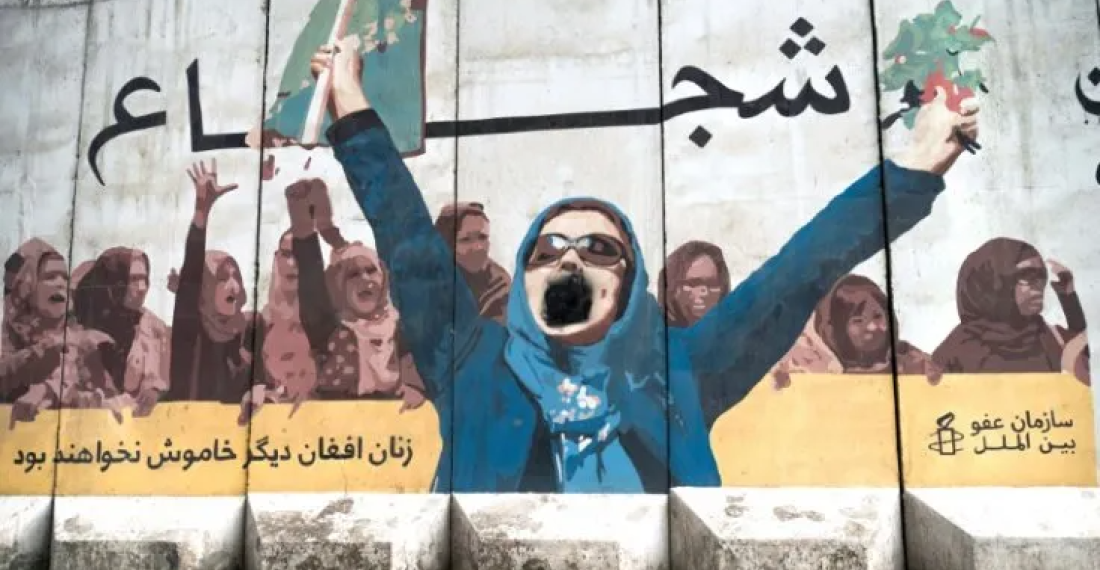In two of Afghanistan's major cities, the Taliban have banned the sale of contraceptives, alleging that their use by women is part of a Western conspiracy to dominate Muslims.
It is the latest step that the Taliban have taken to oppress women’s freedom of choice. Following their takeover in 2021, the Taliban have enforced multiple policies that infringe on women's rights, resulting in significant obstacles to women's and girls' health and education. As a substantial amount of women are not allowed to work anymore, it has caused many families to lose income. Moreover, the Taliban now dictate what women must wear, as well as how they should travel.
Banning contraceptives in a nation with an already vulnerable healthcare system will have a substantial impact. Already one in fourteen Afghan women dies during pregnancy, which is now likely to increase even further.
The ban applies to the cities of Kabul and Mazar-i-Sharif, where according to The Guardian's findings, the Taliban have been conducting door-to-door visits, intimidating midwives, and directing pharmacies to remove all birth control medications and devices from their shelves. They told people that the use of contraceptives and the concept of family planning is a western agenda that is used to “keep control” of the Muslim population.
It is expected that the prohibition will also be applied to other Afghan cities soon, and may eventually also affect rural villages that do not have the medical facilities to cope with the likely consequences of the ban.
Activists are calling the ban a violation of Human Rights and are saying the Qur’an does not prohibit the use of contraceptives. In a reaction, Taliban official Ustad Faridoon from Kandahar said a complete ban on the products would not be right, as they should stay available for women whose life could otherwise be at risk.
source: commonspace.eu with The Guardian
photo: AFP/Wakil Kohsar






